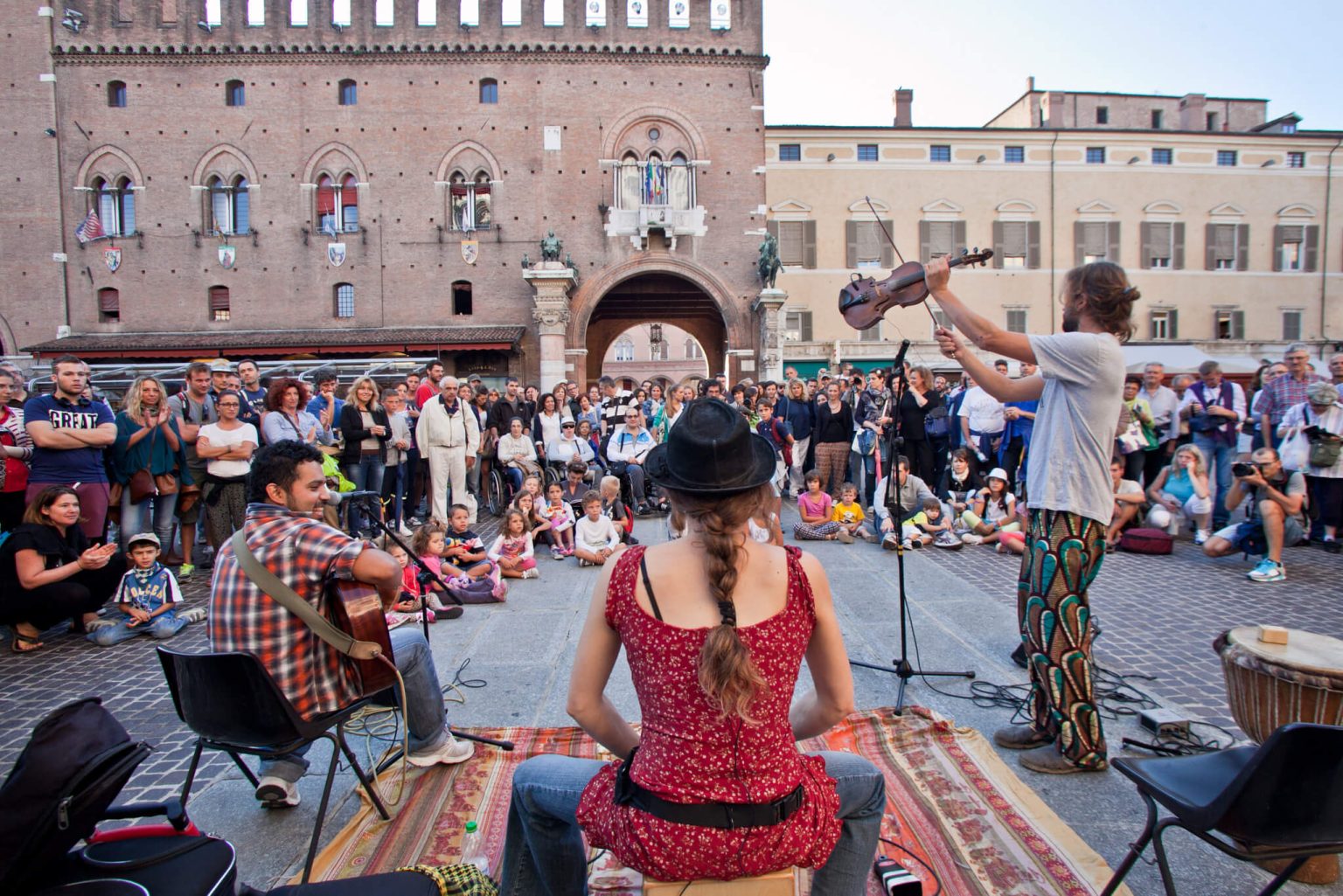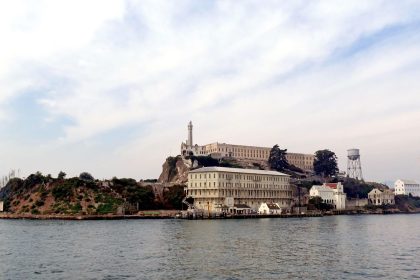The captivating tapestry of Italian music culture is woven with strands of invention, history, and unending enthusiasm. Italy has been a hotbed of musical innovation for decades, giving rise to famous genres like opera, shaping international music trends, and honoring the various regional customs that contribute to its rich musical heritage. Come along with us as we explore the legendary genres, historical foundations, modern inspirations, and enduring legacy of Italy’s rich musical history.
Echoes of Antiquity: Italian Music’s Beginnings
Italian theatres and streets were alive with the rhythms of classical Greece and Rome, which is where Italian music first emerged. The Romans included music into religious rituals, festivals, and theatrical productions because they believed it to be an integral part of everyday life. Throughout the Middle Ages, the influence of Roman music persisted, providing the foundation for the development of polyphonic compositions and holy chants that would later come to characterize Italy’s early musical history.
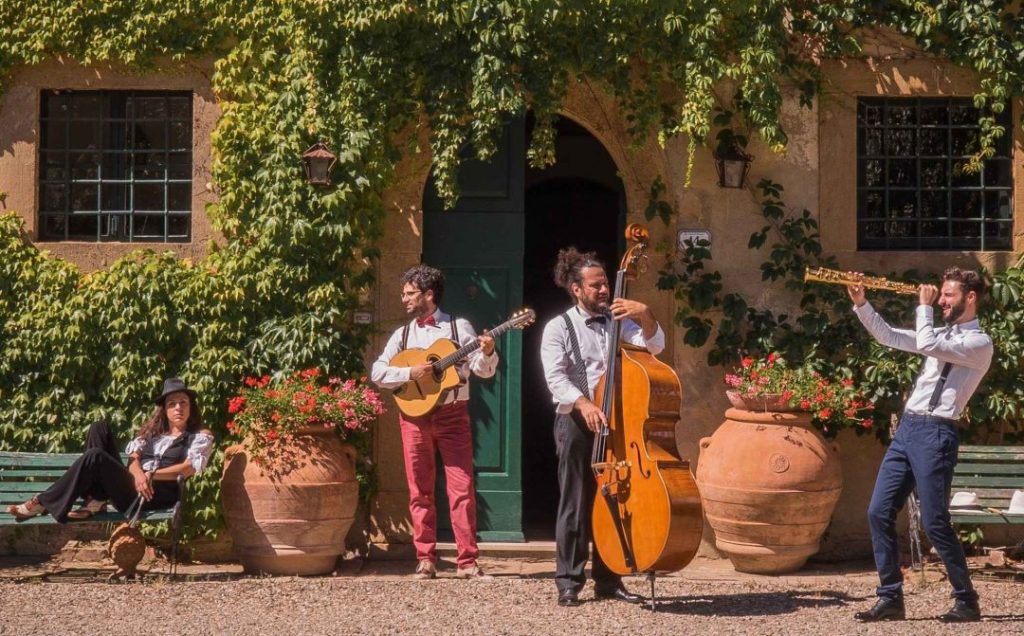
Renaissance Echo: The Magnificent Era of Italian Composition
Italy had a golden age of artistic flowering throughout the revolution, and music was a major factor in the cultural revolution that swept the Italian peninsula. Composers with vision, such as Claudio Monteverdi and Giovanni Pierluigi da Palestrina, created magnificent madrigals and choral pieces that encapsulated the humanistic values of the time. A new era of musical creativity was ushered in by the invention of opera in the late 16th century, a genre that would forever alter the path of musical history thanks to the pioneering work of composers like Jacopo Peri and Claudio Monteverdi.
Opera: The Ultimate Gem of Musical Expression in Italy
Opera is considered Italy’s greatest musical achievement; it is a vast spectacle that combines music, drama, and spectacle in a captivating combination of artistic expression. Italy emerged as the center of operatic creativity, creating greats such as Wolfgang Amadeus Mozart, Giuseppe Verdi, and Giacomo Puccini, from the luxurious theatres of Venice to the imposing opera halls of Milan. Italian opera’s captivating melodies, mesmerizing arias, and passionate storytelling have left a lasting impression on audiences all over the world, solidifying its place in the annals of musical history.
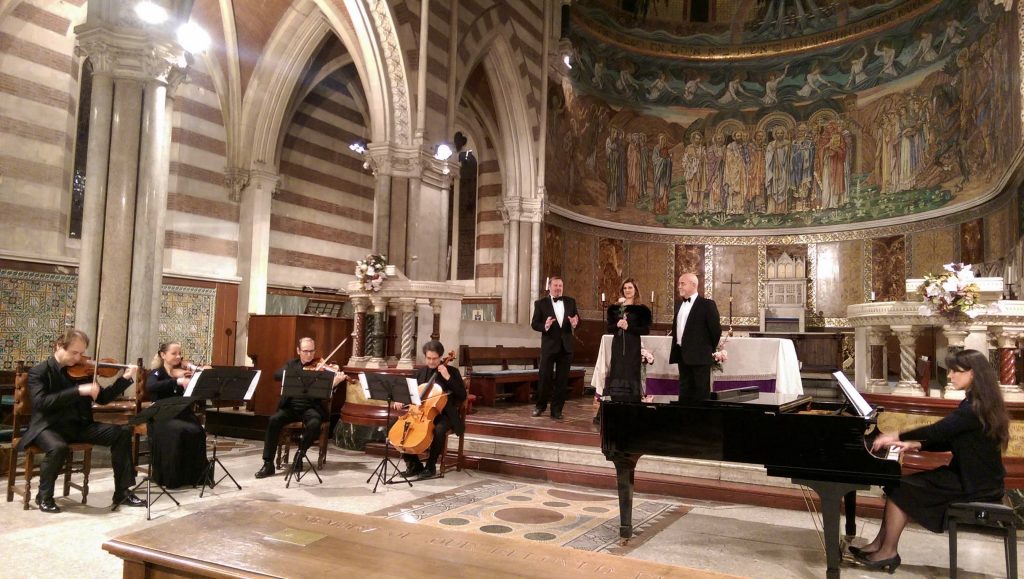
Folk Traditions: Honoring the Diverse Cultures of Italy
Even though opera is the most popular music in the world, Italy’s rich folk traditions, which honor the cultural diversity and regional individuality of its people, also contribute to the country’s rich musical legacy. Each area of Italy boasts its own musical dialect, instruments, and dances, ranging from the vibrant rhythms of Neapolitan tarantellas to the eerie melodies of Sicilian ballads. Italian folk music captures the diversity of Italy’s cultural terrain, from the lively Tamborello of the south to the tranquil melodies of the alpine regions.
Modern Marvels: The Current Music Scene in Italy
Italy’s musical landscape has continued to change and adapt throughout the 20th and 21st century to the shifting currents of international culture. Italian musical legacy still includes opera and classical music, but contemporary musicians have embraced a wide variety of styles and genres, from pop and rock to hip-hop and electronic music. While up-and-coming musicians continue to push boundaries and redefine the limits of Italian musical expression, icons like Lucio Della, Vasco Rossi, and Eros Ramazzotti have had an enduring influence on the Italian song industry.
Explore More: Discovering the Coastal Charms of Southern Italy: Puglia Italy
Worldwide Impact: Italy’s Musical Heritage on the International Scene
Italy’s musical history transcends national boundaries, impacting musicians and composers all around the world and reshaping the musical landscape. Italian song has inspired generations of performers and composers, from the classical works of Antonio Vivaldi to the operatic masterpieces of Giuseppe Verdi. It has left an enduring impression on genres that span from jazz and blues to classical and opera. Italian songs showcase the timeless beauty and strength of Italy’s musical legacy, captivating listeners around the globe, even in modern times.
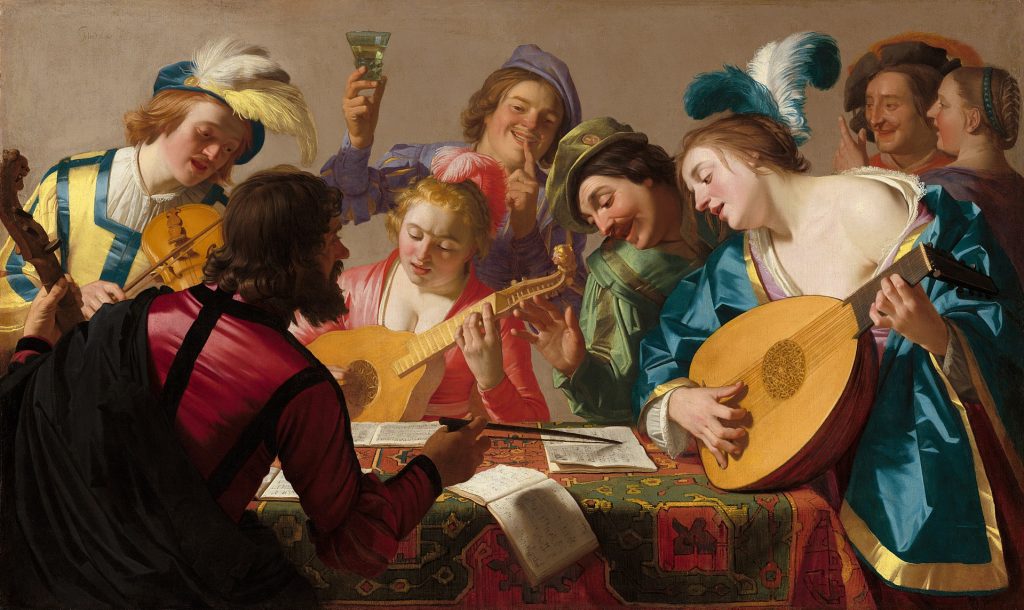
Frequently Asked Questions About Italian Music Culture
Which Italian opera composers are well-known?
Among the well-known Italian opera composers are Geocaching Rossini, Giuseppe Verdi, and Giacomo Puccini.
Which traditional Italian instruments are in demand?
The guitar, tambourine, accordion, and mandolin are common folk instruments in Italy.
Is Italian music limited to opera and classical music?
No, Italian song is a broad genre that includes pop, rock, folk, electronic, opera, and classical music.
What other genres have been impacted by Italian music?
Italian music has impacted pop, rock, electronic music, and other contemporary genres, as well as classical, opera, and folk music.
Do Italian music festivals honor the country’s rich musical heritage?
Indeed, Italy holds a number of music festivals all year long that honor a wide range of musical styles, including folk, modern, and classical, as well as opera.
Final Thoughts: A Harmony of Passion, Innovation, and Tradition
In summary, the history of Italian song is a symphony of creativity, tradition, and passion that has endured. Italy’s musical history, which spans from the country’s prehistoric tunes to its present sounds, is evidence of the people’s unwavering inventiveness and spirit. Italian song, with its soaring arias from operas and the contagious rhythms of Neapolitan folk music, never fails to enthrall and inspire listeners worldwide, solidifying its status as one of the greatest musical traditions in human history.



